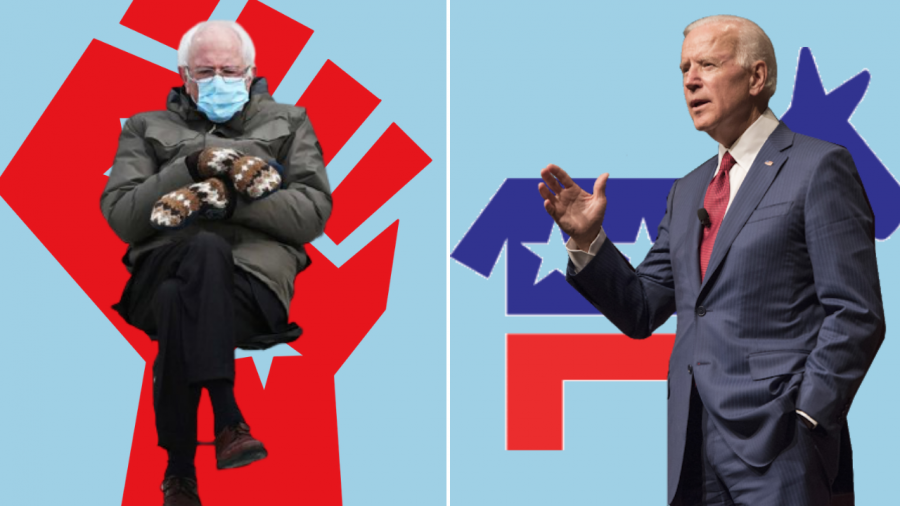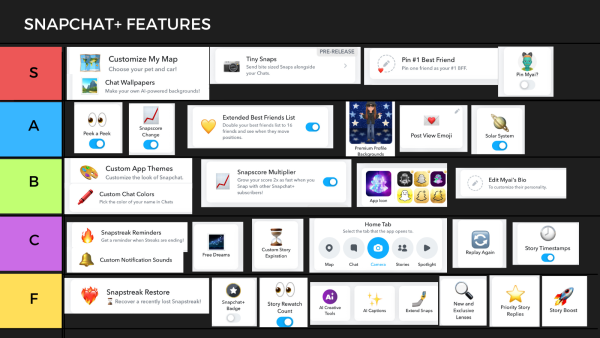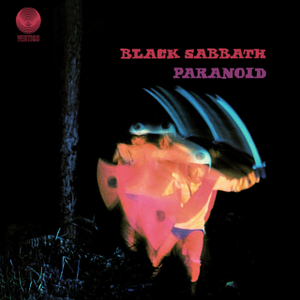Leftists vs Liberals
Don’t confuse the two or you might get an infographic posted about you on Instagram.
In the new era of political enlightenment and uprisings, the leftists have emerged from their hyper-opinionated shadows and are demanding to be differentiated from their “icky” neo-liberal cousins. (jk neo-liberalism is actually different from traditional liberalism but that’s for another day)
Ok, but in all seriousness, I’ve come to realize that a lot of people don’t know that liberals and leftists are two very different political ideologies with strongly conflicting views. The two, which are generally lumped together, hold separate values and arguably generate more conflict than liberals vs conservatives (in anywhere but the south). So today I am going to give a consolidated run down on the differences between liberals and leftists. For the sake of this article I will acknowledge that I identify as a liberal and therefore may possess a pre-existing bias… however, I will be trying to make the article as factual as I can.
Liberalism
Contrary to popular belief, I don’t think the “snowflake liberals” are as radical as the right has led people to believe. In fact, I think a lot of people don’t really know the beliefs behind liberalism. Let’s start with the economy. In general, liberals support a free market and free trade. Surprise, surprise… they are not anti-capitalists. Economic liberalism is keen on restricting government intervention if it interferes with a free market and free trade (however, liberals are typically agreeable with some reasonable gov. Regulation because monopolies suck). Essentially, liberalism supports fiscal conservatism with a solid respect for personal ownership. Overall, the social beliefs of liberals are their most well-known and defining characteristic in today’s social media dominated society. This is where things take a sharp turn to the left. Liberals are huge advocates of individual human rights and equality across the board. They believe in gender/racial equity, free speech, freedom of religion and are pro-choice, pro-immigration, pro-LGBTQ+, pro-internationalism, etc. Liberals are often associated with being “SJW’s” or “social justice warriors,” which isn’t entirely false. However, the downfall is the degree of performative activism that is present among many who align themselves with liberalism. From what I can tell, at the end of the day a large majority of liberals often vote democratically (about ½ of democrats identify themselves as liberals) and will value their social issues over their fiscal beliefs when it comes to choosing a candidate to support.
Leftist
While sharing similar social beliefs to liberals, leftists are an entirely different political ballgame. Also known as “left-wing politics,” the ideology is a huge advocate of egalitarianism in both social and economic respects. This means that communism, anarchism and socialism all fall under the “leftist” category. Economics professor, Barry Clark, states that leftists believe society “can thrive only when excessive differences in status, power, and wealth are eliminated.” A common leftist belief is that there is no ethical consumption under capitalism and are often supporters of third-party candidates. However, one of the most notable leftist in the current political climate is democratic-socialist, Senator Bernie Sanders. There is often conflict because leftists believe that liberals are not radical enough and support an establishment brand of politics. From the leftists POV, one cannot be socially liberal and economically conservative as capitalism is directly responsible for the oppression of many groups. Because of this, liberals and leftists often do not like to be grouped together as one ideology (fair enough, they’re very different). Unfortunately for leftists, as of right now, most of the candidates that fall under the radical belief systems won’t find themselves in positions of power because of the two-party system. While a liberal’s vote often goes to the democratic candidate, the leftist vote has the potential to be “thrown out” when given to a third-party candidate because there is not enough financial or social support to make their candidacy legitimate (i.e. why Bernie Sanders is a “democrat” on paper). Most of the time leftists are in the minority, but it might not seem like it because they tend to make themselves louder than the majority. Honestly, the world might not be quite ready for a leftist revolution… but we really don’t know what the future holds.
I hope this clears things up just a little bit more. Personally, I don’t really care if someone calls me a leftist vs a liberal, but some people do… a lot, so it’s good to know the difference between them. However, leftists is more of an umbrella term than liberal is, so if you want to understand more about specific belief systems aka communism, socialism, etc you’ll have to do your own research because I don’t have the time to unpack all of that. Always remember to #stayeducated.












